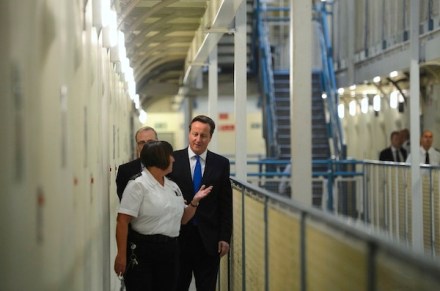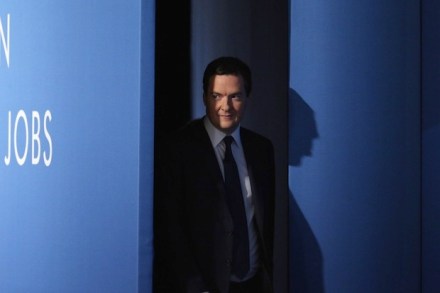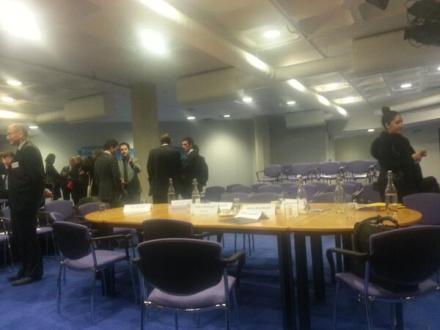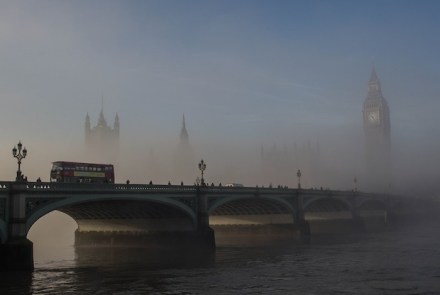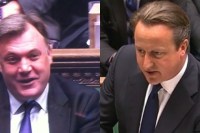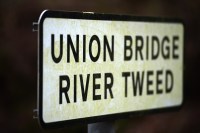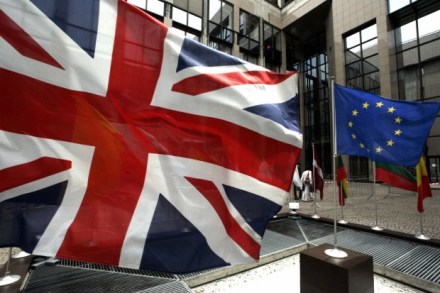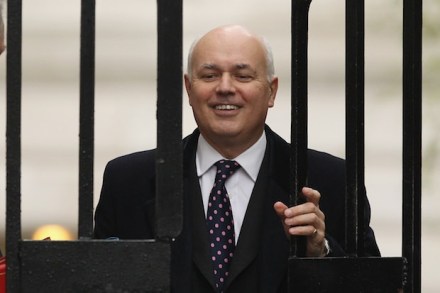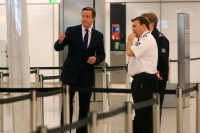If we don’t want prisoners to have the vote, then we’re going to have to leave the European Court of Human Rights
David Cameron’s declaration that prisoners “damn well shouldn’t” have the right to vote is a reminder that this issue hasn’t gone away. Cameron was emphatic that the final verdict on this question should rest with the British parliament not the European Court of Human Rights. But this is not the current situation as Cameron admitted with his line that “we need to clip [the court’s] wings”. But it is hard to see how Cameron can do that while keeping Britain under the jurisdiction of the court. The attempt to reform the court that Ken Clarke launched as Justice Secretary didn’t get very far. So, it is hard to see what
